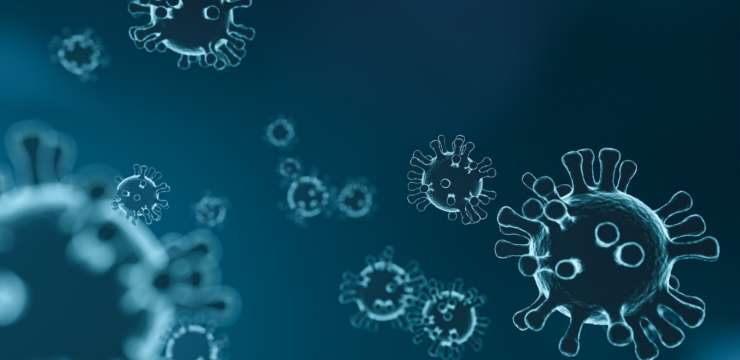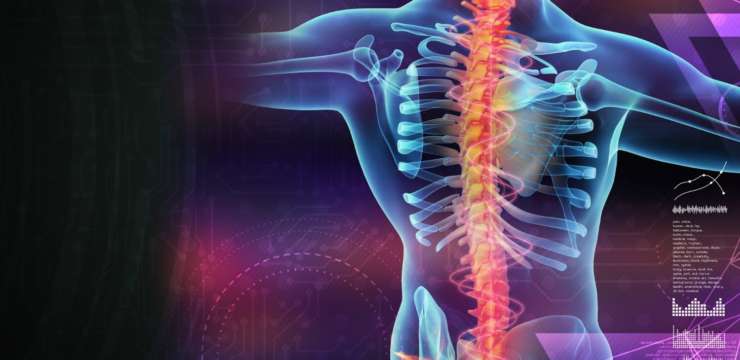There are over 80 different autoimmune diseases. An autoimmune disease is when the body is so inflamed from the inside, it begins to turn on itself and begins to attack its own cells. What the body attacks determines what autoimmune disease an individual has. Some diseases that are associated with autoimmune conditions are Rheumatoid arthritis, lupus, and fibromyalgia.
Causes
There are different events and circumstances that bring on an autoimmune disease. It varies from person to person. However, it has been shown that environmental exposures are linked. Environmental exposures occur when we breathe in poor quality air and eat food that has been sprayed with pesticides and chemicals. It is referred to as an antigen overload.
Antigens
An antigen is a substance that enters the body. However, when this antigen enters the body the body reacts by producing antibodies. Similar to what happens when you get a vaccine. However, these substances that enter the body are not ones that we want a reaction to. Antigens can include things like toxins and bacteria.



